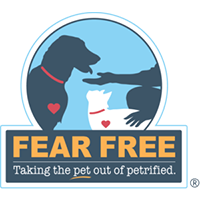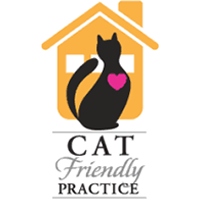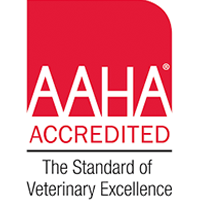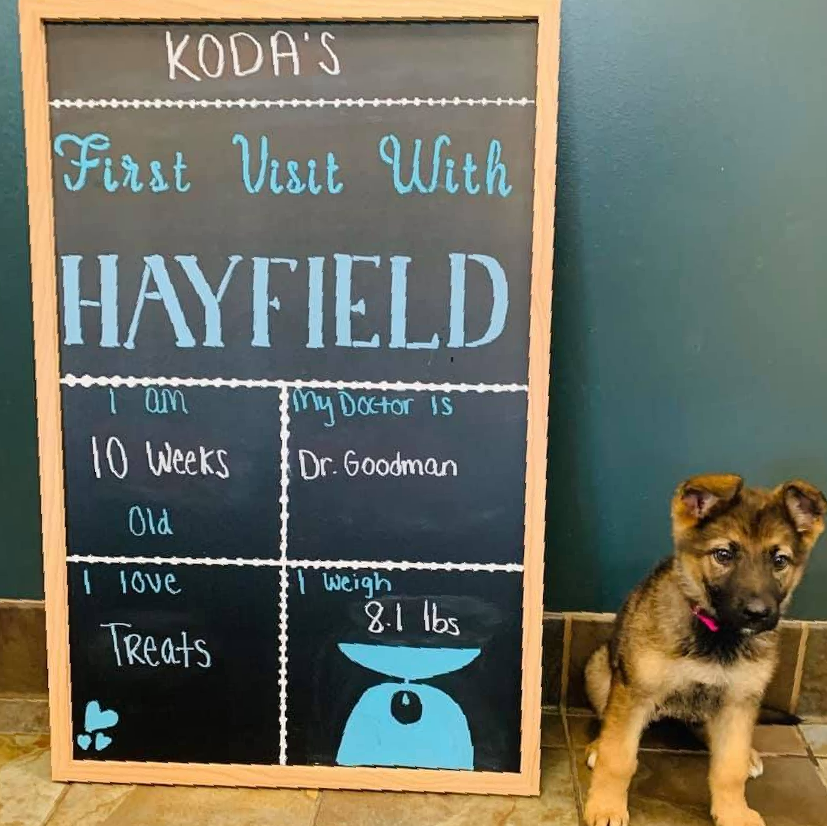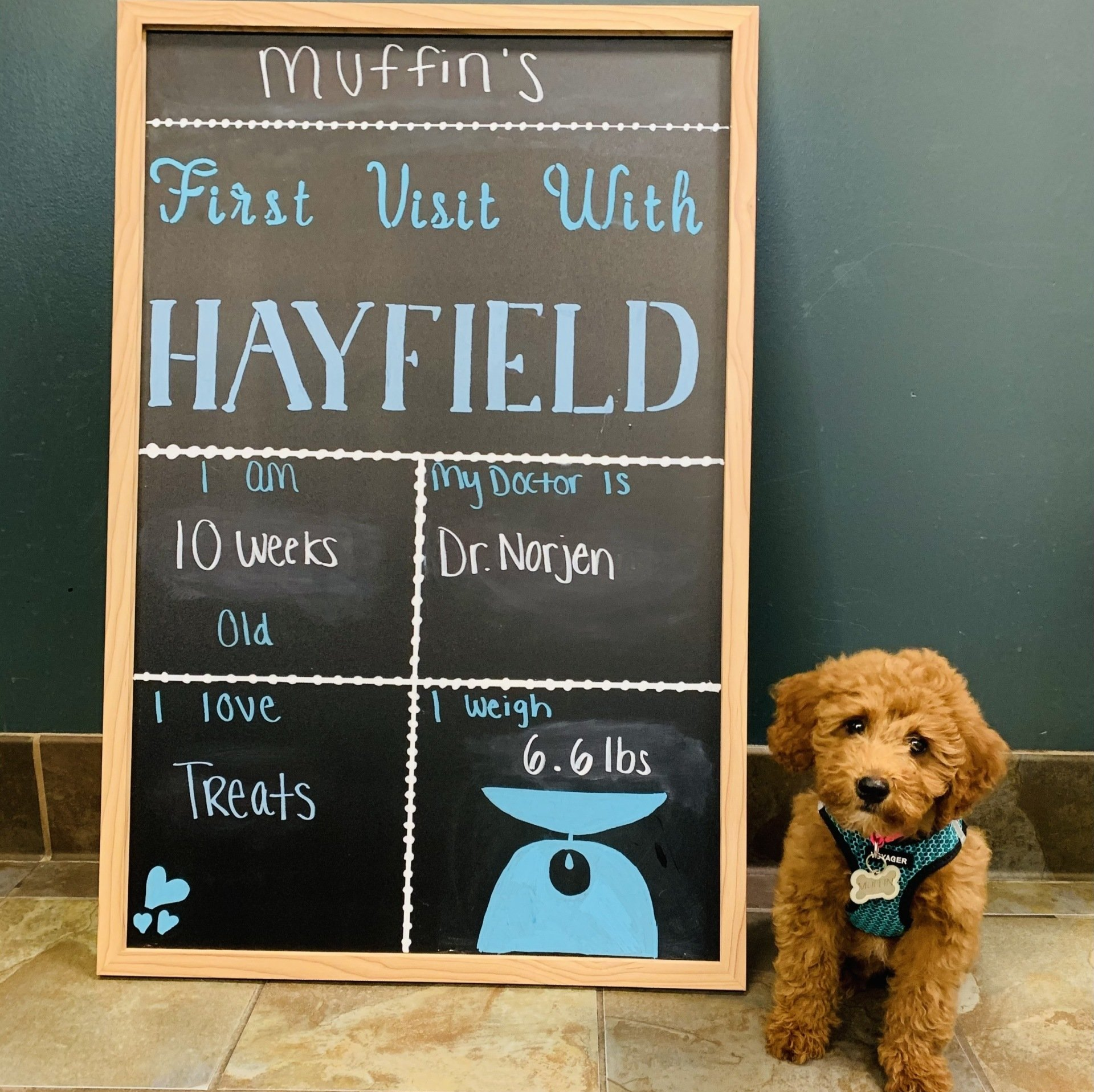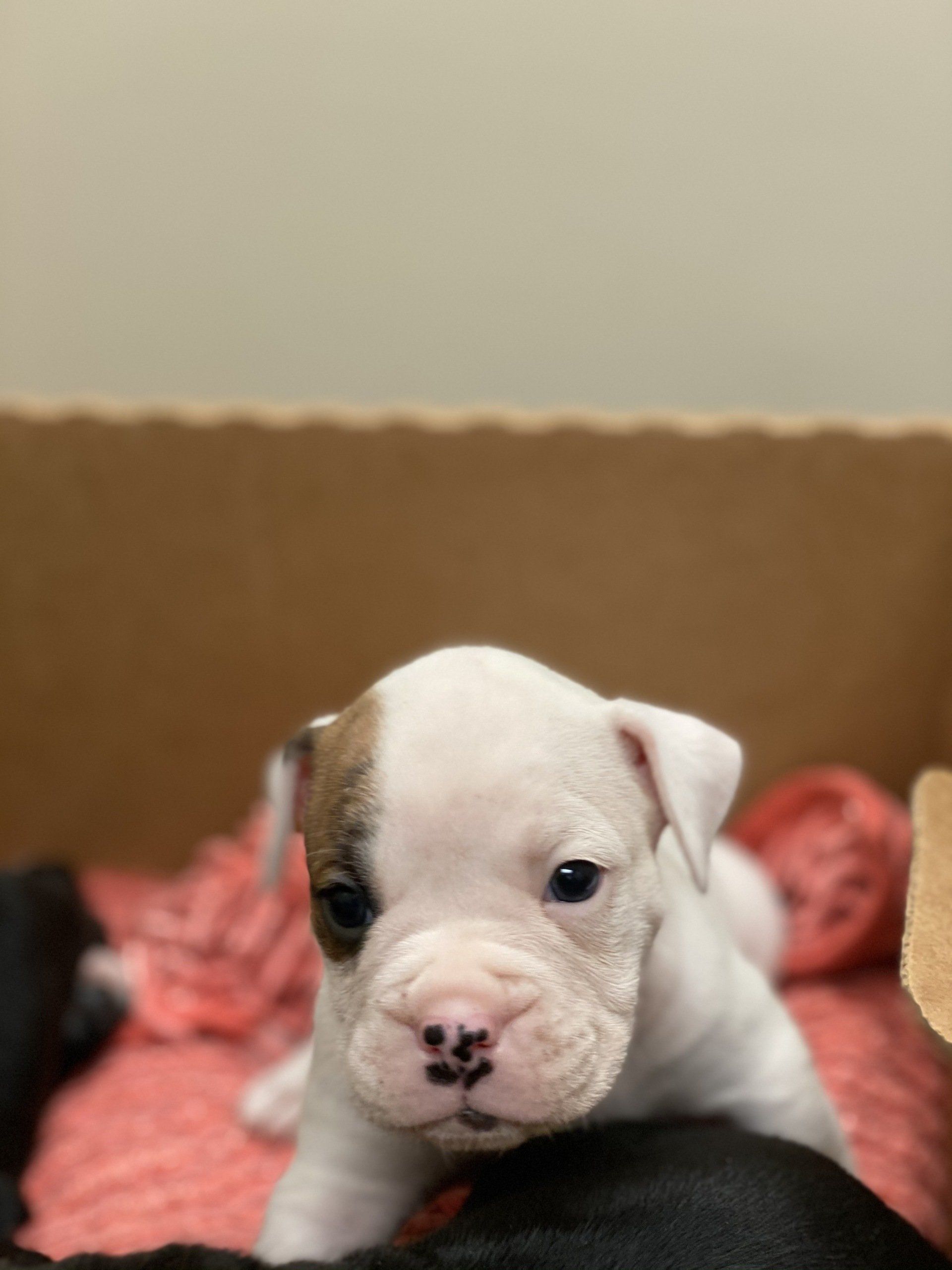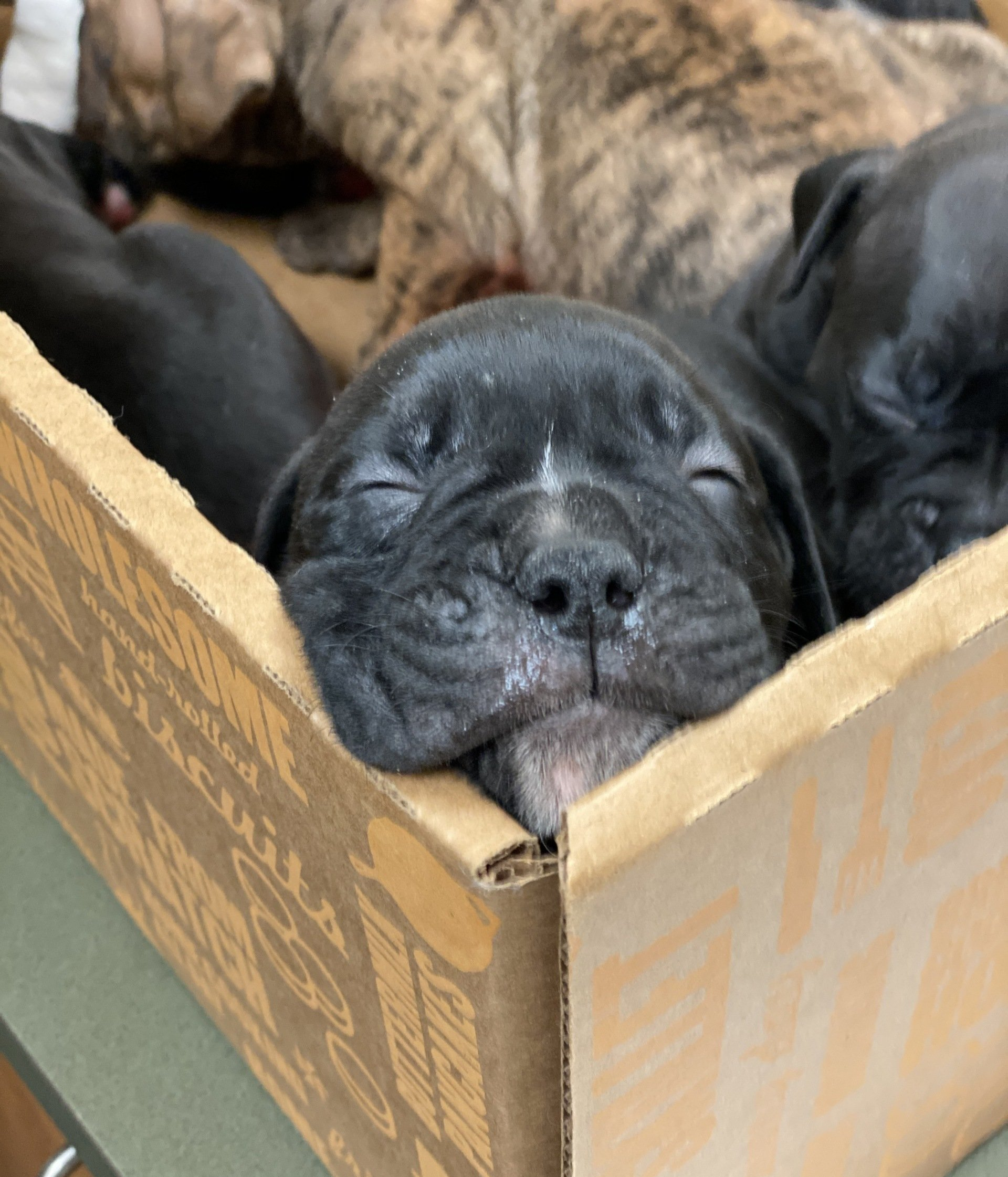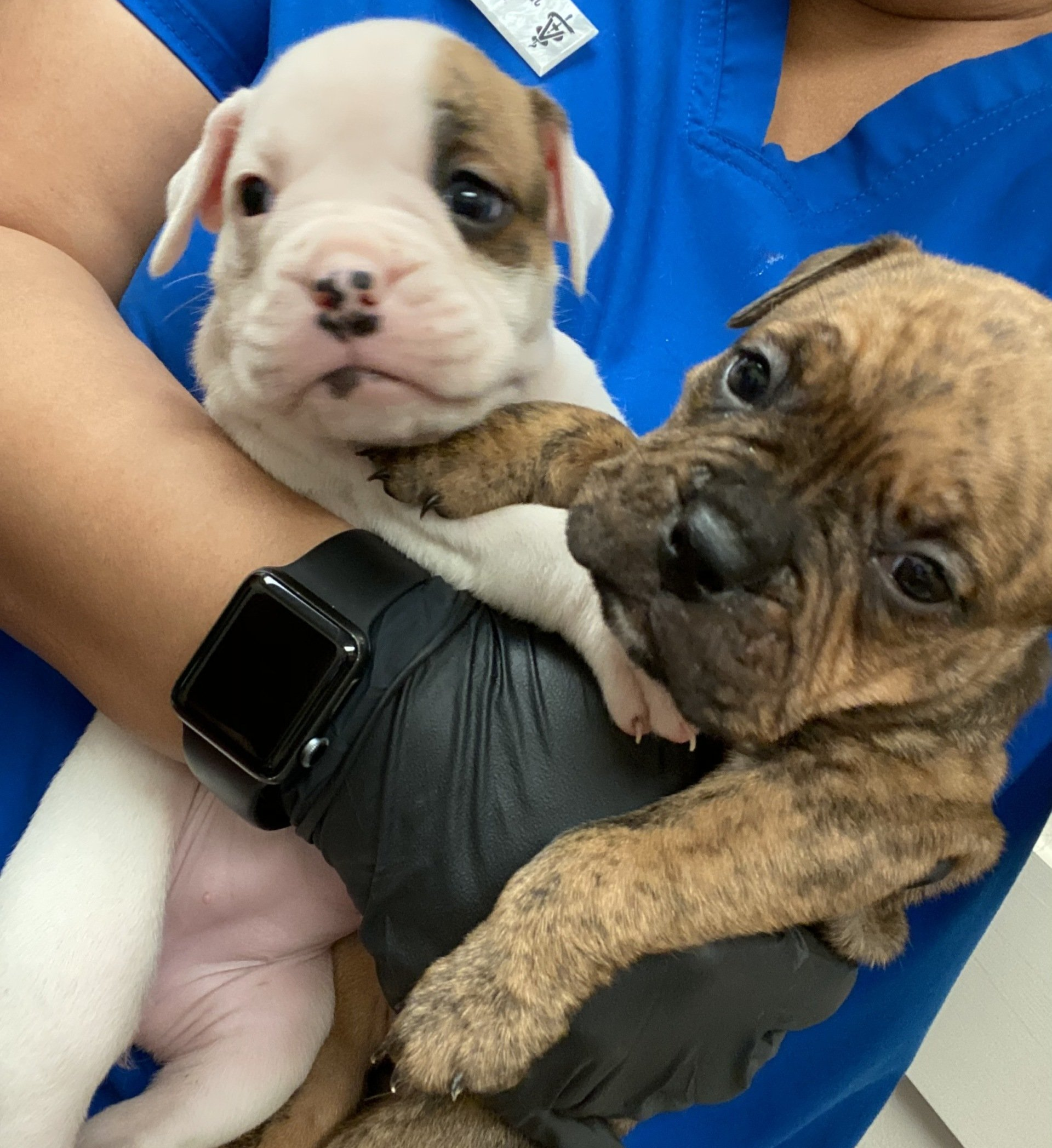Puppy and Kitten Care
(703) 971-2127
Get Your Puppy and Kitten off to a Great Start at Hayfield Animal Hospital
Puppies and kittens require special care for proper growth and healthy development. The veterinarians of Hayfield Animal Hospital offer years of experience in caring for your youngest pets. Our progressive approach is all-inclusive, addressing your pet care needs from disease prevention to proper pet behavior.
Before You Bring Your New Puppy or Kitten Home
There are certain basic pet care needs that you should address before you even bring your new puppy or kitten home.
puppies and kittens
- A Sturdy Pet Carrier - A pet carrier can prevent a stressed pet from creating a dangerous situation in a moving vehicle.
puppies and kittens
- Collars and Bedding - make sure these items are suitable for your pet's size and needs.
- Safe and Appropriate Toys - When it comes to toys, be certain that toys are properly sized for your pet.
Preparing for your New Pet Visit
